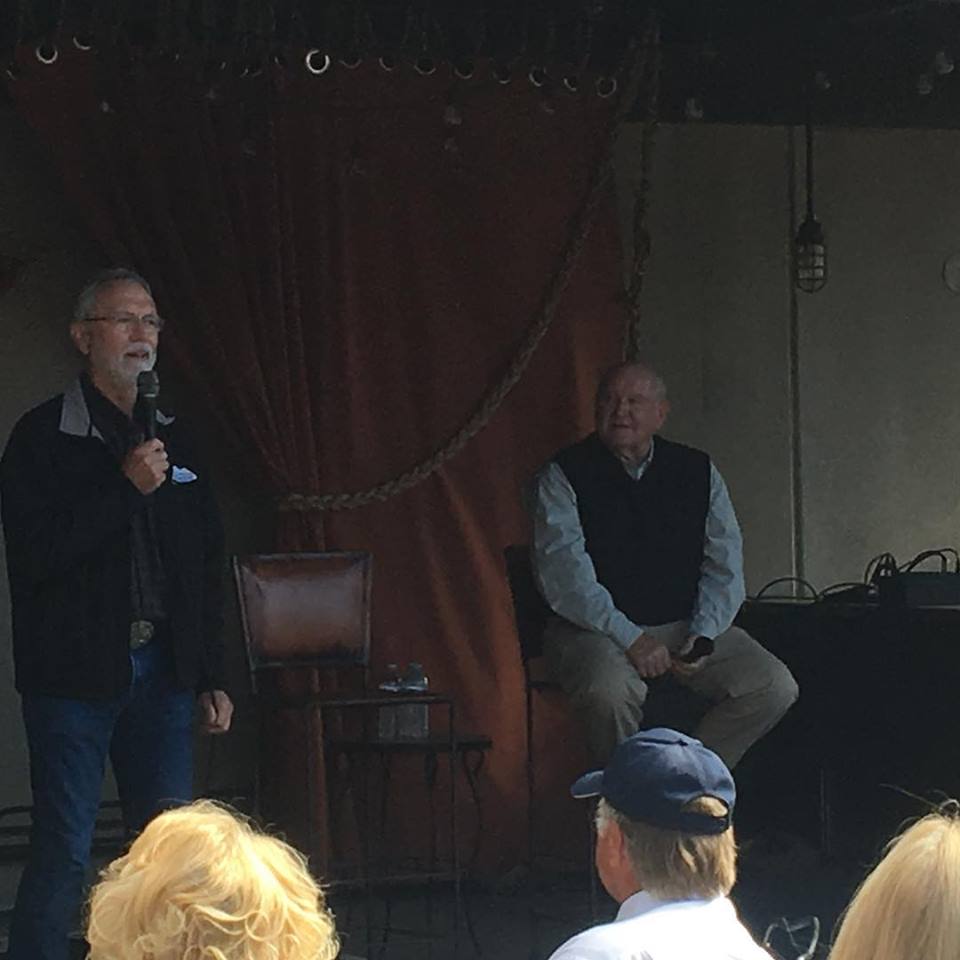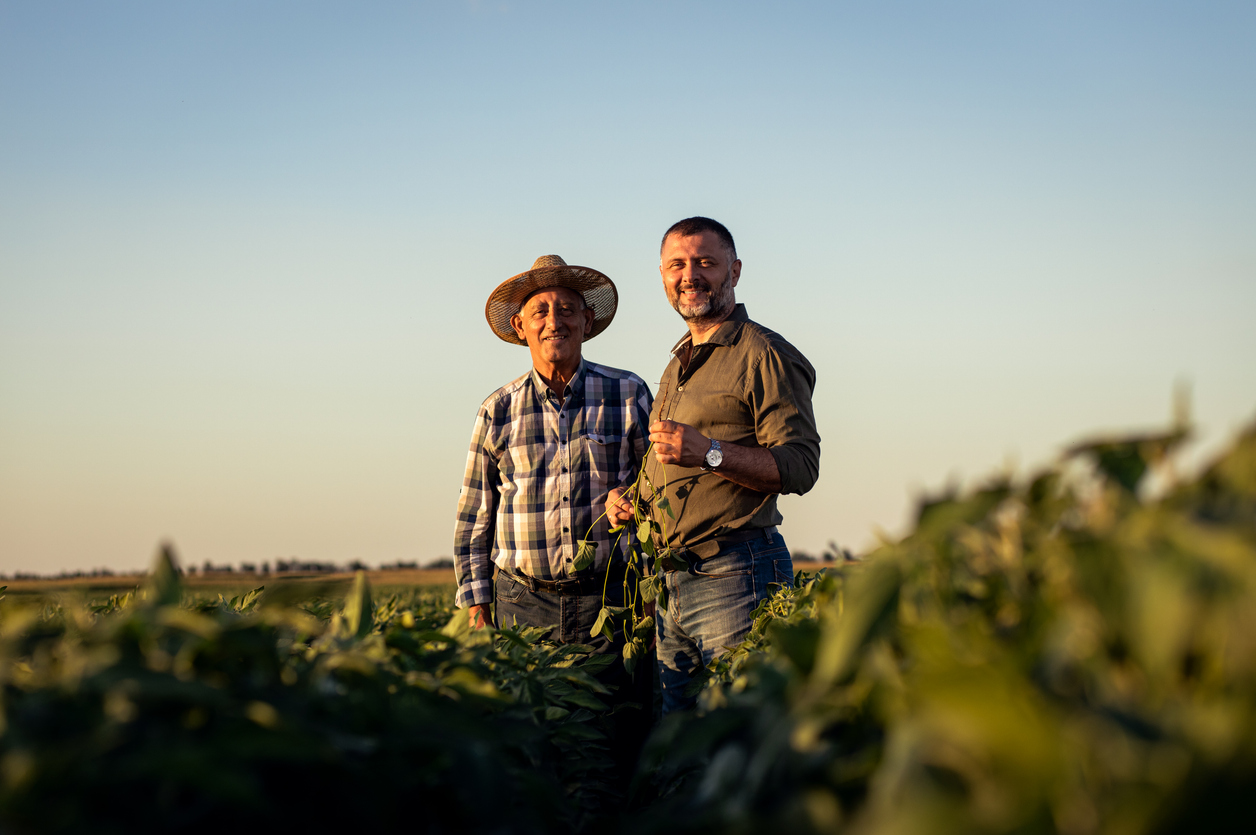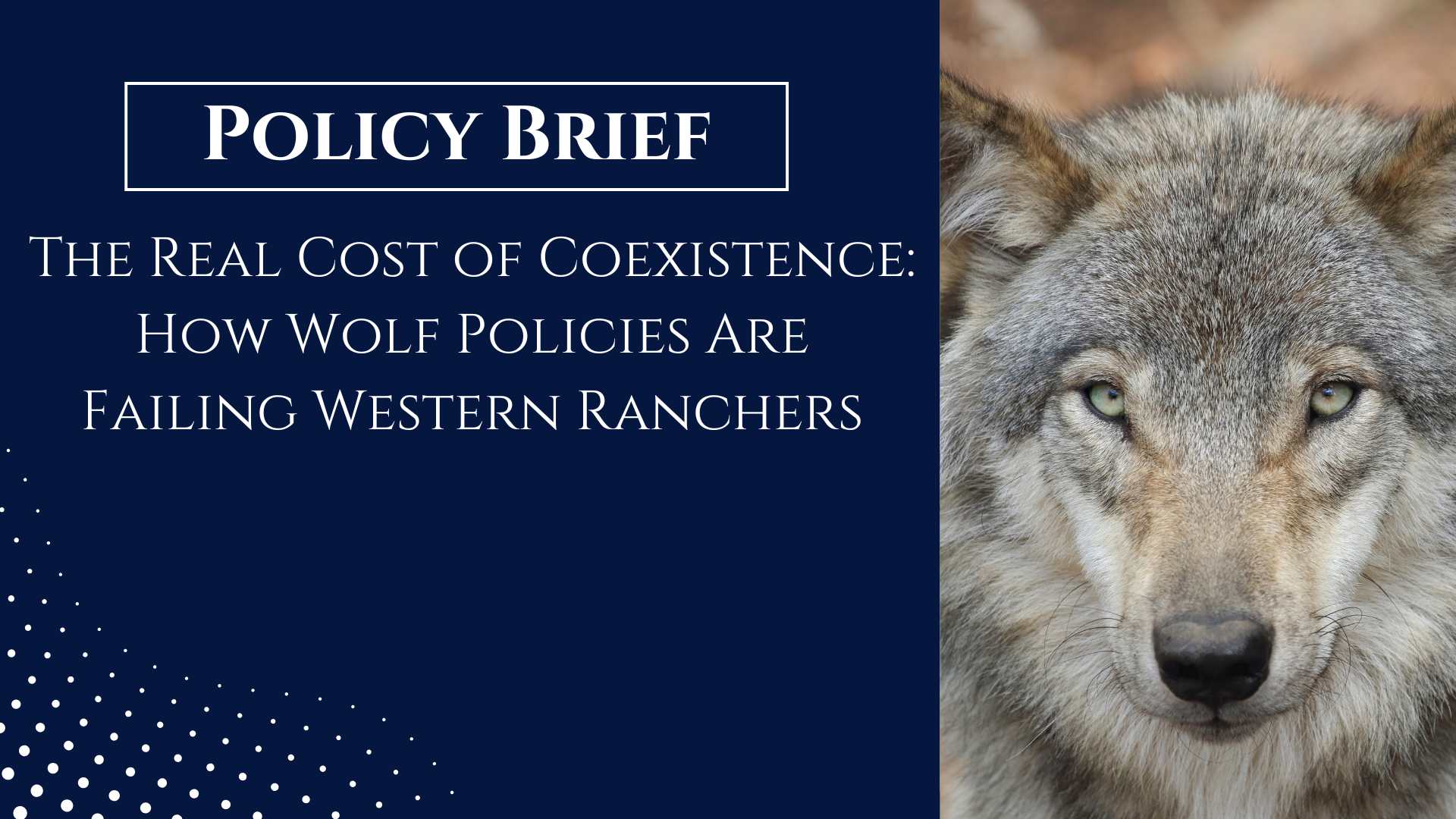“When man has not enough to eat he has one problem. When man has enough to eat, he has many problems.” U.S. Secretary of Agriculture Sonny Perdue offered that proverb recently to explain how the abundance of low-cost food in the United States has spawned a web of regulations covering many agencies that is making it difficult for many family farmers to stay in business.
On Tuesday, July 3rd I was honored to join a group gathered in the Tri-Cities to listen and talk with Perdue and Representative Dan Newhouse about a range of issues. Many of our Washington farmers’ concerns were addressed including labor, trade, the federal Farm Bill, and the biggest concern: regulation.
The most frequent theme was that the regulatory framework is overwhelming and is pushing small operations out. The regulations would be justified if they provided a measurable benefit, however, many of the regulations are costly, produce little value, and are extremely confusing.
Secretary Perdue illustrated the confusing nature of our food safety regulations with the following story about the trade-offs between the United States Department of Agriculture (USDA) and the Food and Drug Administration (FDA): “If you have a cheese pizza that is the USDA, if you add pepperoni that’s the FDA, if you make the pepperoni a hotdog that’s the USDA, if you put the hotdog in a bun that’s the FDA. If you have a chicken that’s USDA, if you have an egg that’s FDA, if you crack that egg and make an omelet now its USDA.”
Add state and local regulations and it explains why farmers are experiencing compliance fatigue and some family operations are shutting their doors. One Washington dairy farmer, Julie Loveall illustrated the reality of the situation. Loveall said, “Not only are the trade concerns bringing back memories of challenges with China in 2009 where we faced $9 milk, but the regulations around dairy are adding up. My son wants to continue farming but when he looks at all of the pressures building around the operation he said, ’Mom, there is no place for my American dream to continue to the next generation.’”
Secretary Perdue addressed this question by referring the group to the website to submit their specific concerns: www.usda.gov/regulation and www.usda.gov/tellsonny. Unfortunately, as the Secretary pointed out, many of the regulations are not administered by the USDA and are often associated with state regulations, the Environmental Protection Agency, FDA, Department of Labor, and others. They can pass on those comments to the respective organization but that is all.
Many of these regulations originate from urban consumers who are privileged enough to dictate unrealistic demands on the entire food system, instead of allowing those demands to be met by niche markets.
For example, GMO-free consumers pushed regulations that made labeling a requirement in 2016, instead of allowing the free market to continue to meet those specific demands. Through fear-based regulations, the GMO-free movement is guilting lower-income consumers into buying expensive GMO-free products that do nothing for their health, often have greater environmental impact, and hurt their pocketbooks. All the while making it even more difficult for family farmers to survive as the regulatory framework tries to restrict the tools available to them, like GMO crops.
How do we guarantee that despite the rising age of farmers and the push for additional regulations, that there is a future for the next generation? For the dream of the American farmer to continue we need regulatory reform that uses realistic Benefit/Cost ratios, provides clarity, and promotes collaboration not competition between the agencies. It was great to have Secretary Perdue in our state and I hope his efforts will inspire other federal and state agencies to reduce the heavy regulatory environment that our Washington farmers face.






